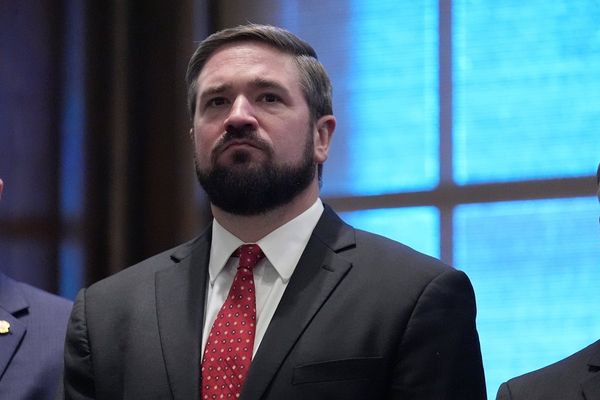
Police who investigated Brittany Higgins’ rape allegation feared the chief victim support person was speaking for her.
Australian Federal Police (AFP) Detective Superintendent Scott Moller is being cross-examined at an independent inquiry into how the justice system handled Higgins’ allegation.
Moller was the lead officer who investigated Higgins’ allegation Bruce Lehrmann, a former colleague, raped her after a night out in 2019, inside the Parliament House office of then-Coalition minister Linda Reynolds.
Mr Lehrmann denies the allegation.
The senior officer was questioned about a police decision to interview the ACT victims of crime commissioner Heidi Yates who acted as a support person for Higgins throughout the investigation and trial.
Moller told the inquiry police found it difficult having Yates act as an intermediary for Higgins in the investigation as they couldn’t communicate freely.
“The investigators appeared to be nervous when they were interacting with Ms Yates, they weren’t comfortable,” he said on Tuesday.
“They felt often that Ms Yates was speaking for Ms Higgins and not allowing Ms Higgins to speak.”
Top silk Mark Tedeschi, representing the Director of Public Prosecutions (DPP) Shane Drumgold, suggested the prosecutor’s office was not told Yates would be interviewed because police knew they may object.
Moller said he did not consider that if Yates was interviewed it could have resulted in her being a witness in the case and she would therefore no longer be able to provide support to Higgins in court.
He previously told the inquiry he was concerned the chief prosecutor had tried to collect evidence to criticise police during the case.
“I had that feeling very early on to be honest. It had caused me quite a lot of concern for myself and my investigation team,” Moller said on Monday.
“So much so that we were continually second-guessing ourselves about what we were doing and how we were doing it.”
Moller said because of the prosecutor’s scrutiny, he wanted to make sure police were doing everything perfectly.
Drumgold previously told the inquiry he believed police pressured him not to charge Lehrmann.
But Moller said there was significant pressure to charge — from the media, within the AFP and from the DPP.
In his statement to the inquiry, the senior detective said he told his superior there was insufficient evidence to charge Lehrmann.







